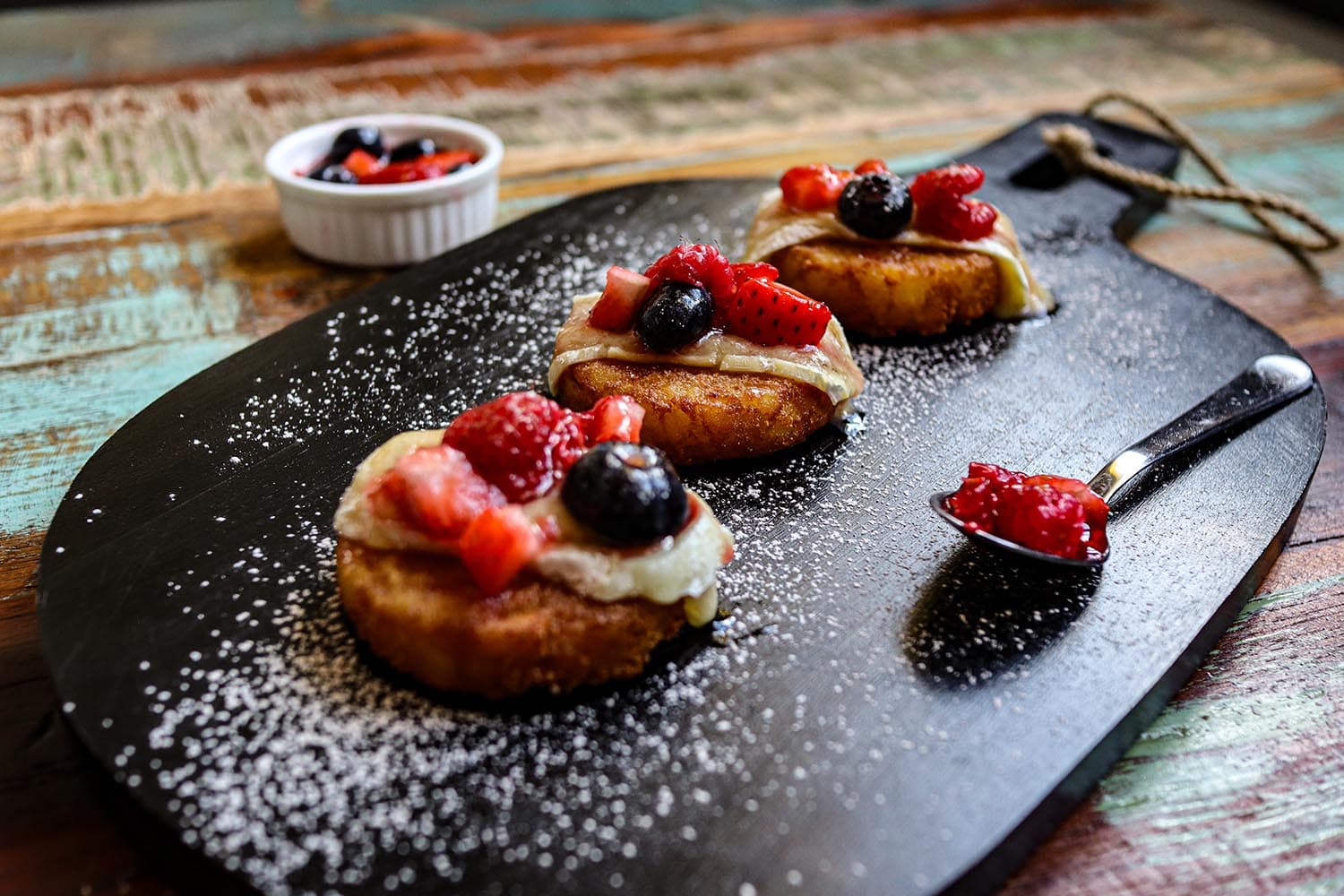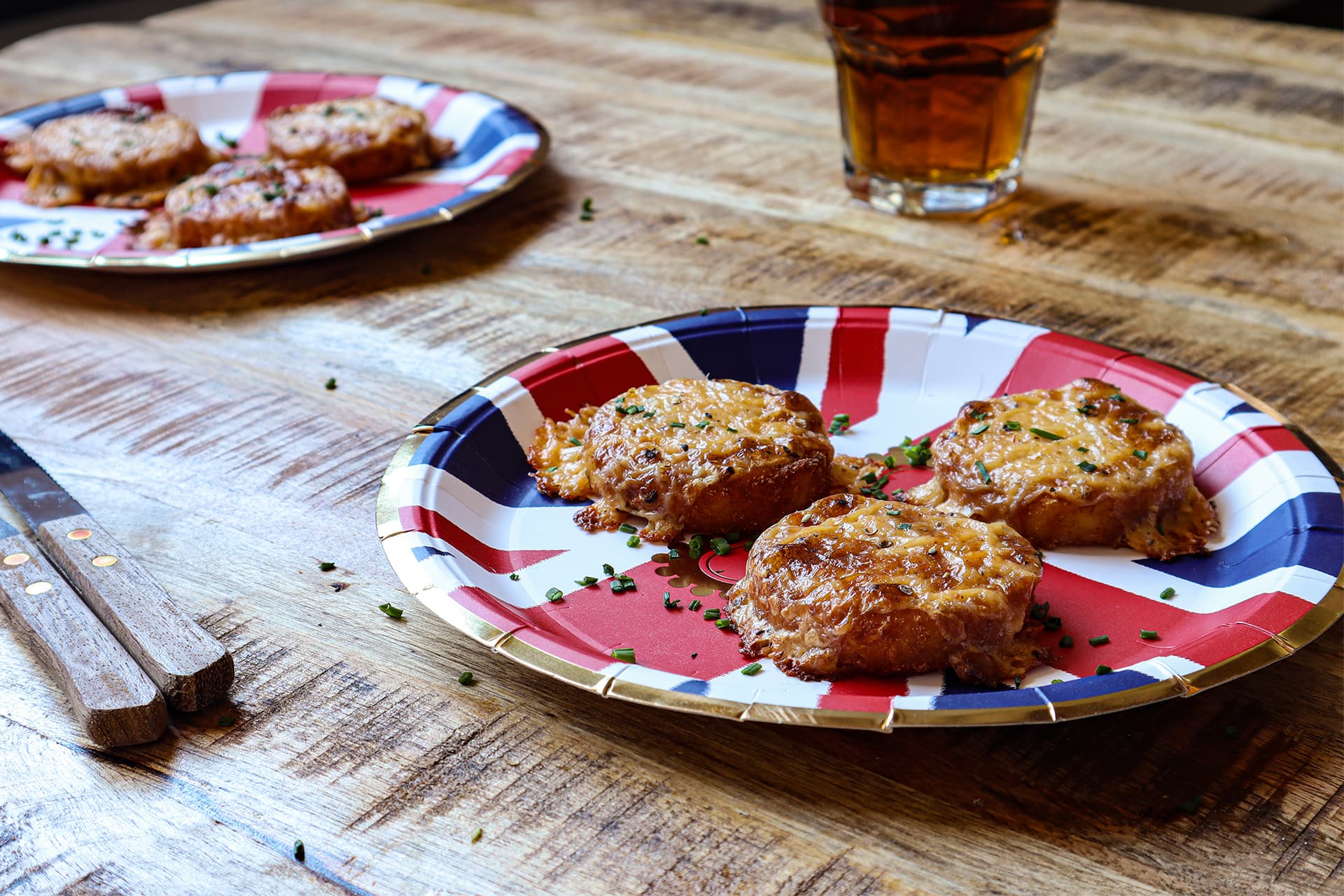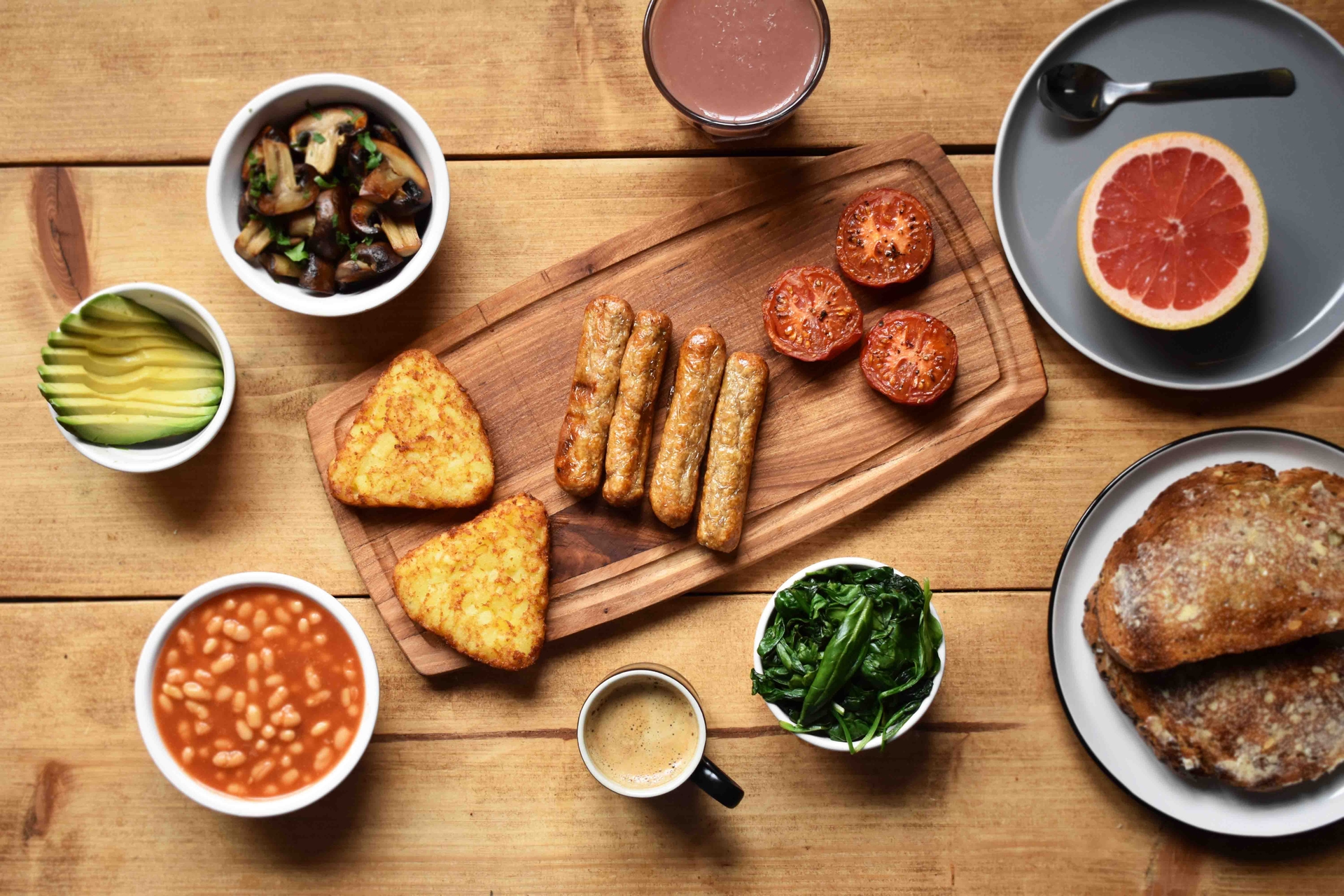
Brunch: A Brief History
What is Brunch?
Brunch is a meal, sometimes accompanied by alcoholic drinks, taken some time in the late morning or early afternoon – the universally accepted time is 10am-1pm. The meal originated in the British hunt breakfast. The word brunch is a portmanteau of breakfast and lunch. Brunch in the UK isn’t just dining. It is an experience, and for some, it is near-religious. Londoners experience the biggest brunch culture in the world, with thousands of cafes and restaurants offering brunches to suit every mood. From posh hotels to dimly-lit bars, there’s something for everyone. There’s no end to the fantastic photos, delicious food, and creative drinks during brunch.
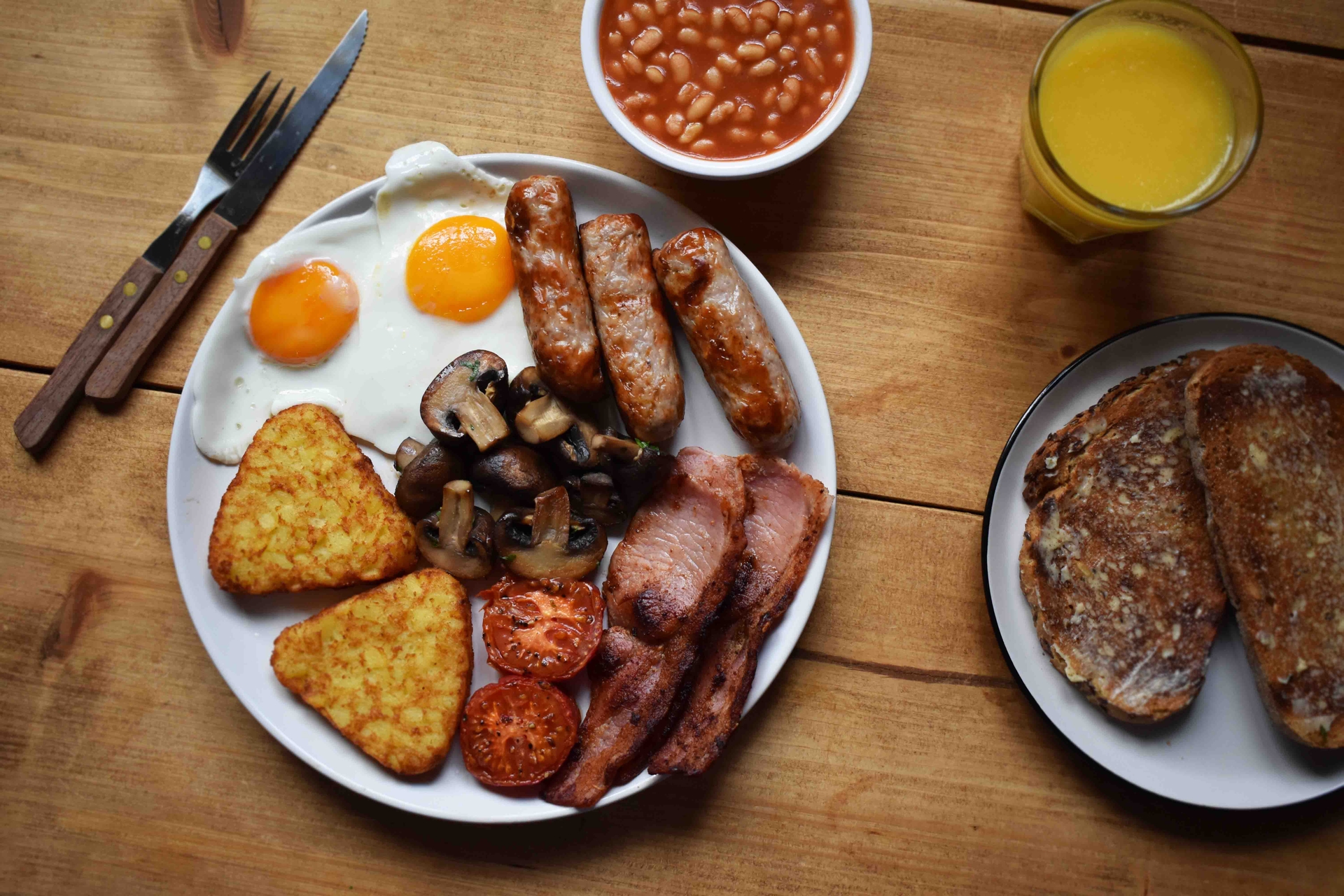
Who first called it brunch?
The very word "brunch," a portmanteau of the words breakfast and lunch, was reportedly first used in print in 1895 by British writer Guy Beringer. Beringer, a writer for Hunter's Weekly, wrote an article entitled "Brunch: A Plea," which made the case for a Sunday meal that was lighter than the typically heavy, traditional Sunday supper. “Brunch is cheerful, sociable and inciting”, Beringer implored. “It is talk-compelling. It puts you in a good temper, it makes you satisfied with yourself and your fellow beings, it sweeps away the worries and cobwebs of the week.” The popular periodical Punch picked up his article in 1896, and the idea began to spread, reaching American shores by the 1920s.
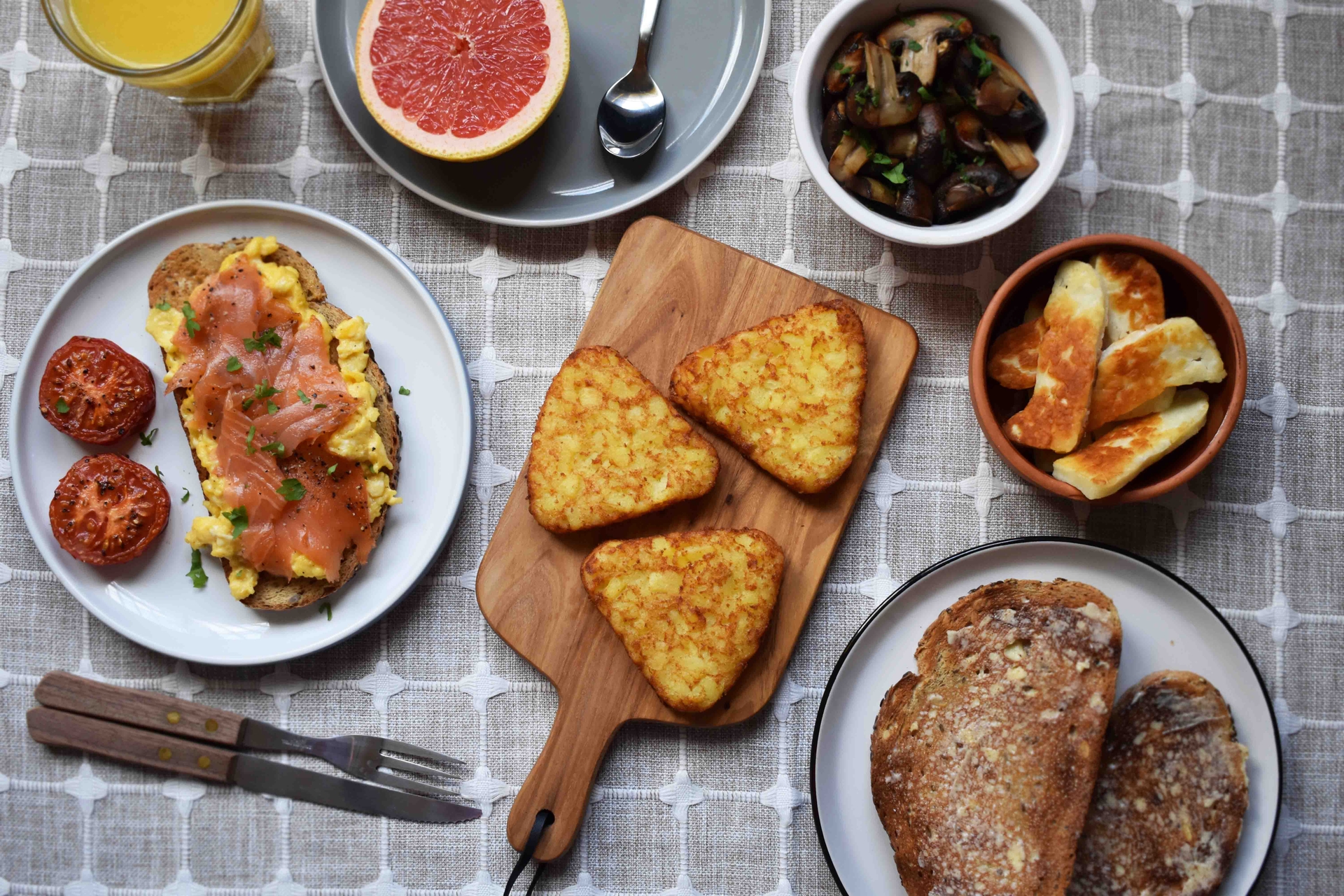
What were the first brunches like?
Food historians aren't in complete agreement on what the exact spread would have looked like at an old-timey brunch. Many believe the first brunches to have been England's hunt breakfasts, which were a feast of meats hunted that day, along with eggs, stews, fruits and sweets. Others believe it was the Catholics who first enjoyed a late-morning brunch, a result of their early-morning pre-church fasting.
In the United States, brunch got its start in Chicago, the halfway point on transcontinental train journeys made by Hollywood celebrities and the wealthy elite. Passengers arrived seeking a sophisticated late-morning meal, and the local hotels — like the famed Pump Room at the Ambassador Hotel (now the Public) — were only too happy to oblige, as most restaurants remained closed on Sundays.
Has brunch always included alcohol?
Brunch in the 1920s was a meal for the upscale crowd, a crowd who could get away with day-drinking with gusto (not to mention blatant disregard of Prohibition). Cookbooks of the 1930s recommended a brunch hostess make alcohol available for her male guests, but avoid imbibing herself, suggesting recipes for "mocktails" like tomato and clam juice. It wasn't until the early 1950s that day-drinking's stigma diminished within the middle class, with post-World War II families now possibly including working women who were looking for a weekend respite from the work week.
The Bloody Mary cocktail, which may or may not have been named for Mary, Queen of Scots, was invented in France, but spiced up for American tastes at New York City's King Cole Bar. The Bloody Mary was a likely choice for a brunch drink, due to its "hair of the dog" status as a hangover remedy, and its similarity to the non-alcoholic tomato juice cocktails that were both widely served as appetizers in restaurants, and renowned as healthful elixirs.
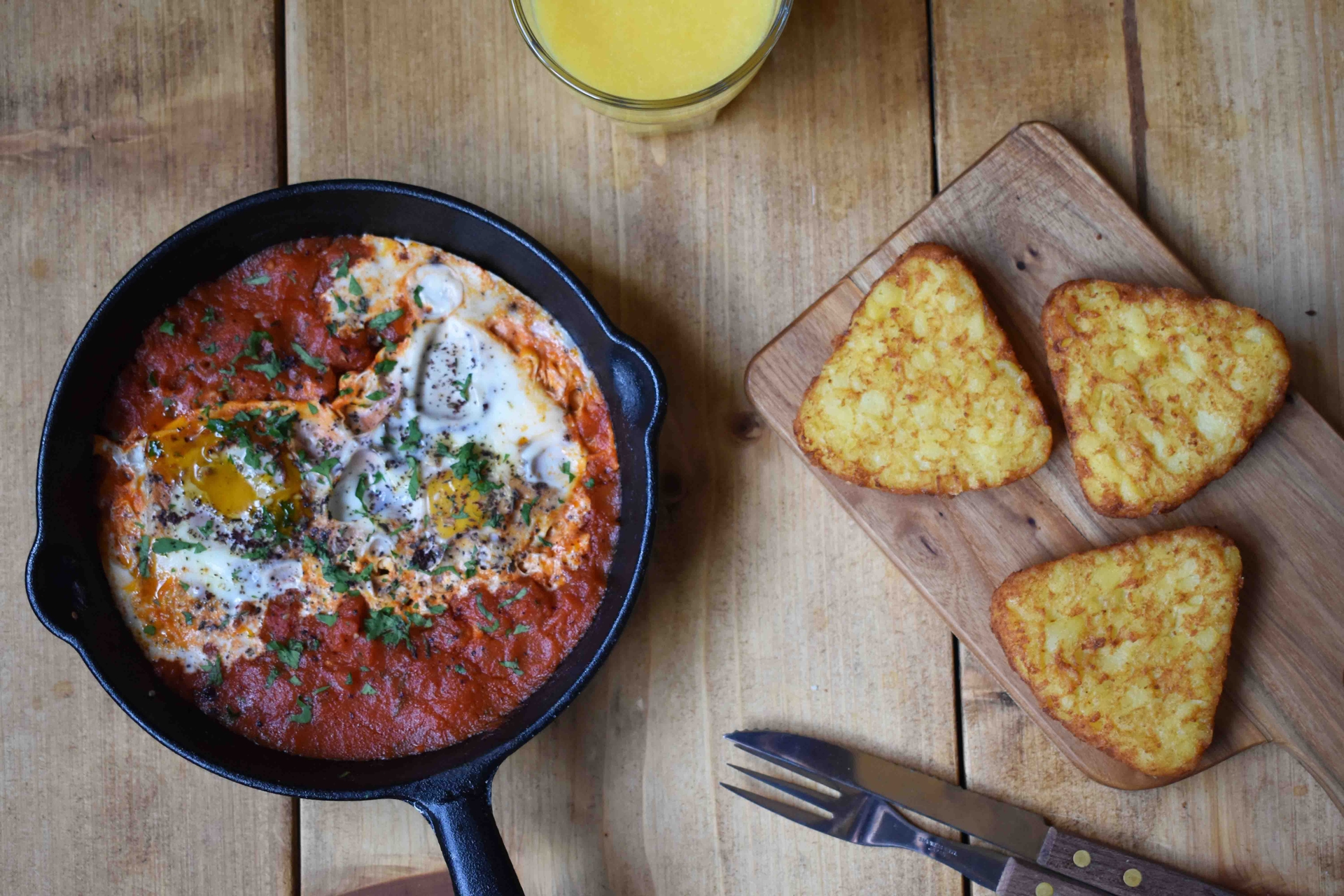
What is Bottomless Brunch?
Bottomless brunch is a dining experience typically offered at restaurants, cafes, or bars, where customers can enjoy unlimited refills of alcoholic beverages, usually cocktails like mimosas or Bloody Marys, for a set period, often two hours. It combines the concept of brunch, a late-morning meal typically served on weekends, with the opportunity to indulge in unlimited drinks within a fixed timeframe. The term "bottomless" refers to the idea that there is no limit to the number of drinks one can consume during the allotted time, though establishments often have guidelines or restrictions in place to ensure responsible consumption.
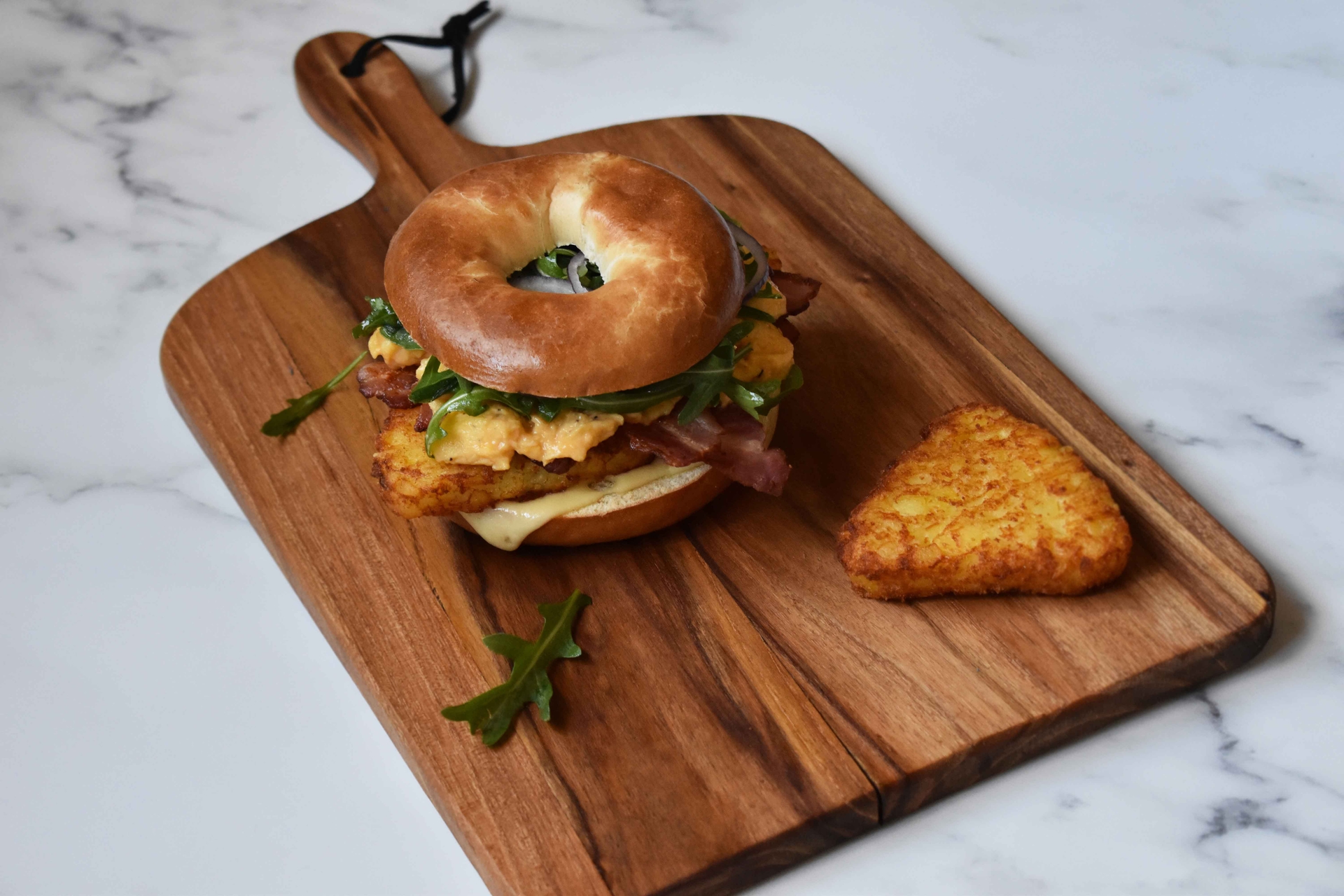
To Conclude…
In conclusion, brunch has evolved from a simple mealtime innovation to a cherished cultural tradition. Whether it's Guy Beringer's plea for a lighter Sunday meal or the rise of bottomless brunches, brunch continues to bring people together to indulge in good food and company. It's a celebration of life's simple pleasures and a reminder to savour every moment. Here's to many more brunches and the lasting joy they bring. Cheers!
Inspire Your Brunch




